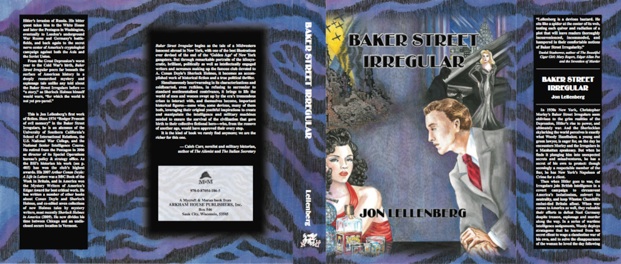
Though voices in the series reinforce the ideal of thinness, the heroine resists all attempts to discipline her body and offers a countermodel for a fulfilled and satisfied woman. Jill Scott, who plays Mma Ramotswe, reports wearing a fat suit for the series, but the actress’ beauty, the colorful dresses, headscarves, and earrings worn by the TV character, and the regal way in which she carries herself, create a confident, voluptuous and even sensual look that strengthens the image of a woman who is truly comfortable in her body. The TV series negotiates the tension between Mma Ramotswe’s traditional build and the thinness regime, skilfully using the visual elements of television to offer its own interpretation of the series’ heroine. While Mma Ramotswe is of “traditional build” and proud of that, she must navigate the changes in notions of feminine beauty in Postcolonial Botswana, which are moving from curvaceous and dark to a more Eurocentric look. Ladies’ Detective Agency TV series, assessing, amongst other concerns, whether the depiction of the series’ heroine Mma Ramotswe as a proudly “overweight” or fat-positive character is dependent on the Western and Hollywoodian portrayal of a naïve, utopian, and exotically “other” Botswana. This article analyzes the representation of fat in the HBO and BBC No 1.

The concepts of normalisation, as well as a newly developed theory of fictional “adequation”, partly based on the work of Lukács in his Theory of the Novel, are offered as possible key concepts, along with the notion that the post-apartheid state no longer has a monopoly over legitimate means of violence, creating ambiguous late-capitalist outlaw figures that are emblematic of the “occulted”, barely legible new order. We raise various methodological and theoretical issues in relation to the study of crime fiction, and offer a general survey of the main figures, both creative and critical, working this field in current and recent South African literary industry. We raise the issue of sociopolitical content in crime writing, and speculate on possible ways of looking at such discursive and formal engagement, especially in view of the accentuated political nature of South African writing during apartheid. Pierre.We offer a broad introduction to the burgeoning field generally described as “crime fiction” or “crime writing”, a sub-genre whose rapid growth and continuing diversification are two of the defining features of post-apartheid literature in South Africa. The non-fiction book Better Than Fiction is co-authored with Joyce Carol Oates and D.B.C. The Books That Changed My Life, Ox-Tales: Air, What You Wish For: A Book for Darfur and Imagined Lives: Portraits of Unknown People each contain contributions from many other authors. One City is a collaboration with Ian Rankin and Irvine Welsh. Trouble At the North Pole and Other Stories also contains stories by Lisa Bruce, Berlie Doherty and Effin Older. No Rest for the Dead is a collaborative novel that contains contributions from many different authors. Precious and the Mystery of Meerkat Hill was published in Scots as Precious and the Mischief at Meerkat Brae. The Comfort of Saturdays is the UK title of The Comforts of a Muddy Saturday. The Great Cake Mystery was also published as Precious and the Puggies (Scots language version) and Precious and the Monkeys in English.

Notes: In the Company of Cheerful Ladies is also known as The Night-Time Dancer.

Ian Rutledge: A Mysterious Profile (By: Charles Todd) Pendergast (By: Douglas Preston)Ĭharlotte and Thomas Pitt (By: Anne Perry)

Peter Decker and Rina Lazarus (By: Faye Kellerman)Īloysius X. Elvis Cole and Joe Pike (By: Robert Crais)


 0 kommentar(er)
0 kommentar(er)
